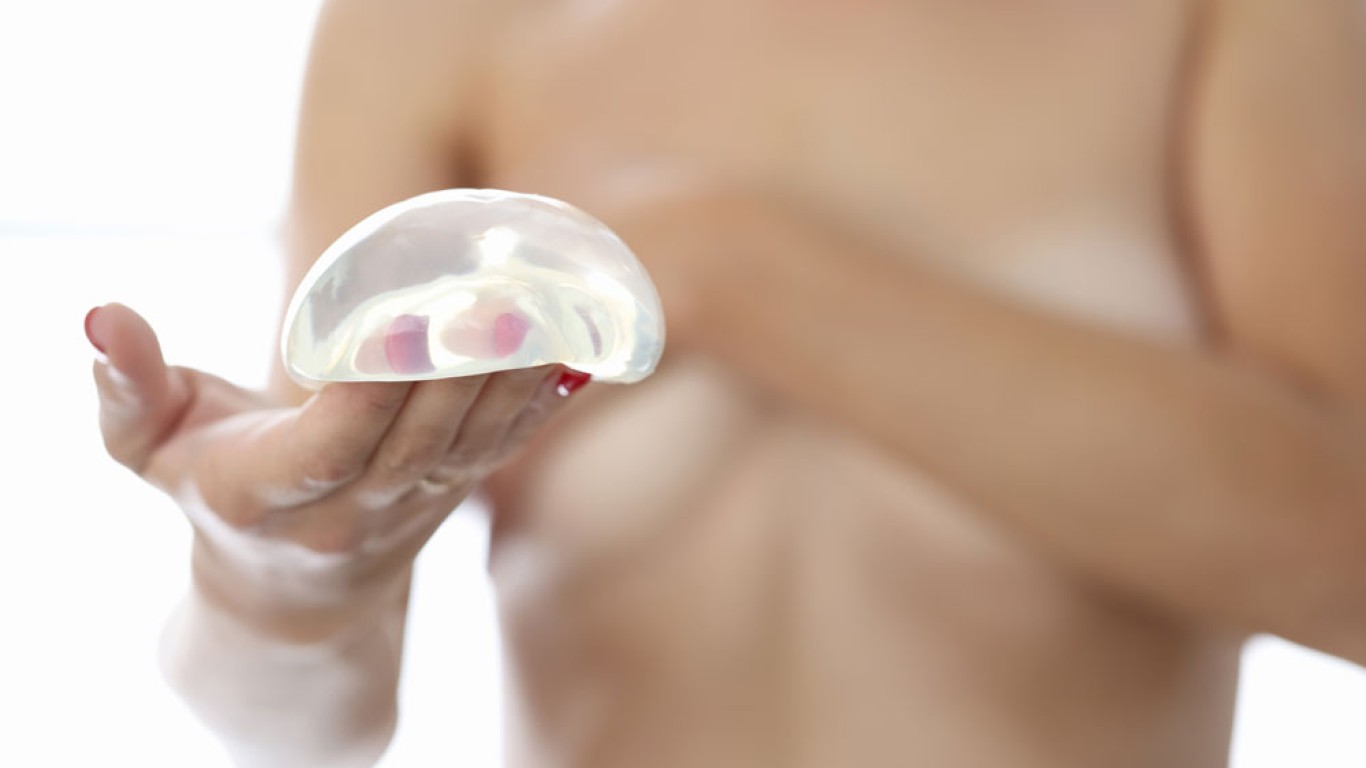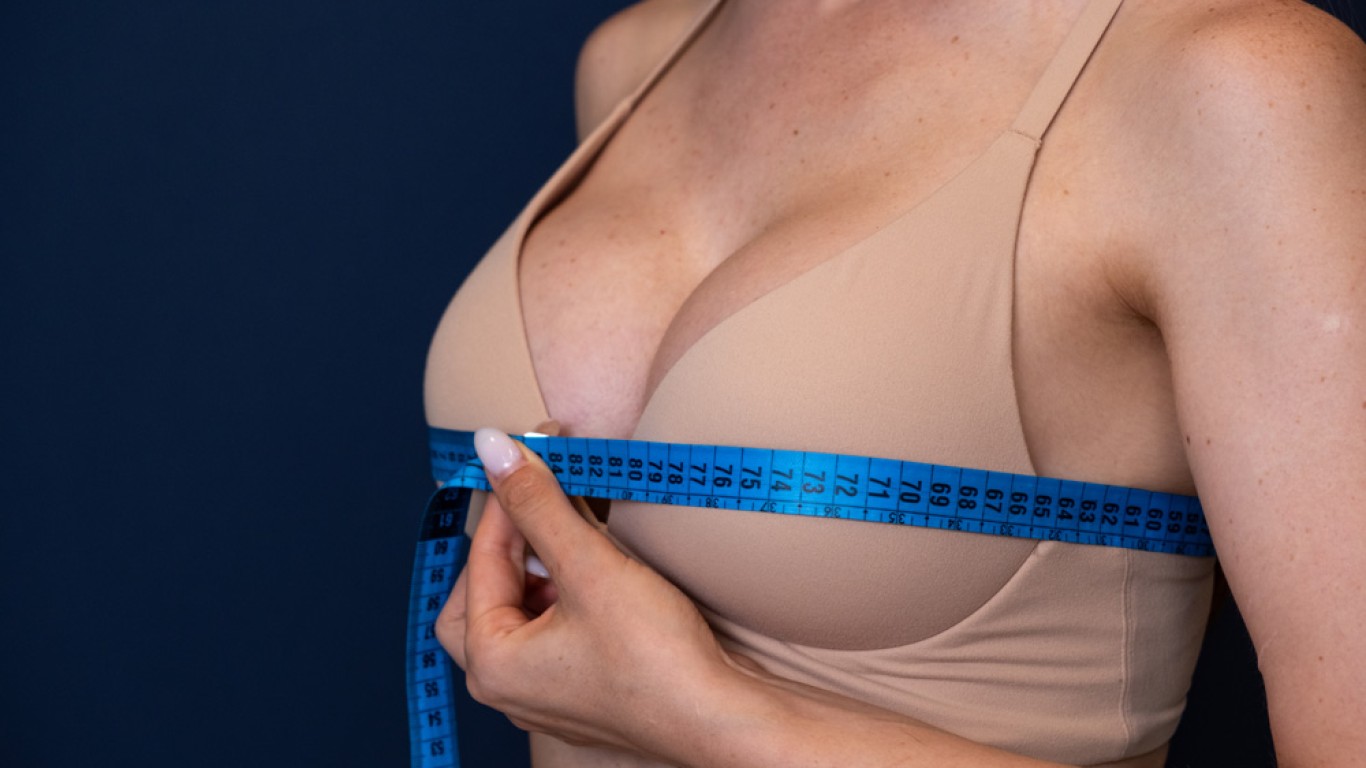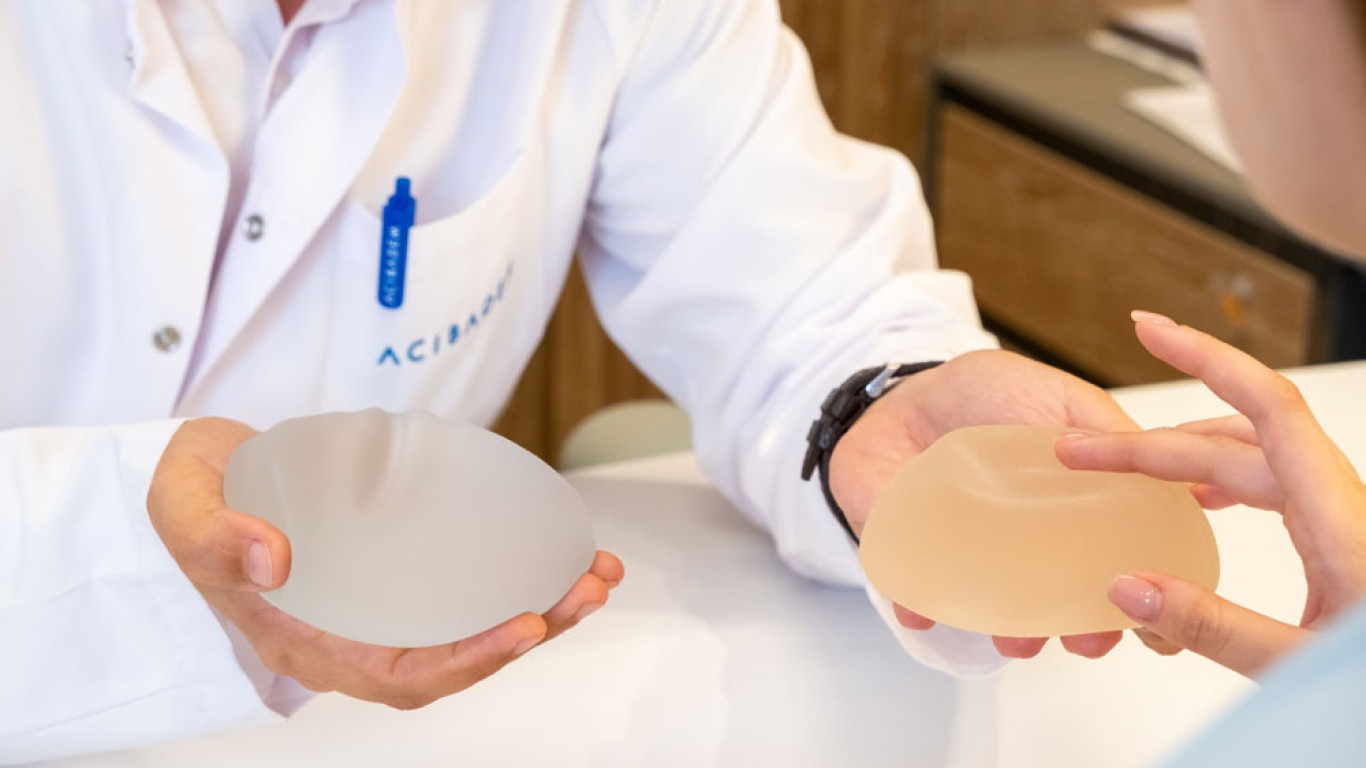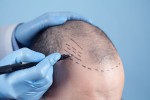Introduction
Breast augmentation remains one of the most popular cosmetic procedures across the globe. Yet, misinformation still surrounds it. Patients often hear stories that cause unnecessary worry or confusion. Additionally, these myths can lead to unrealistic expectations or anxiety before surgery. Therefore, understanding what’s true and what’s not is essential before making any decisions. This article explores the most common breast augmentation myths and provides the facts you need to know. By the end, you’ll be better informed and more confident about your choices.
Myth 1: Breast Augmentation Always Looks Fake
One of the most persistent myths is that breast augmentation always results in an unnatural look. However, this could not be further from the truth. Today’s techniques and implant options are designed to suit different body shapes. Additionally, skilled surgeons aim to create natural-looking results that match your anatomy. Choosing the right implant type and placement is key. Furthermore, your goals and preferences are always considered in the planning stage. So, with proper guidance, the results can be beautifully subtle and balanced.
Myth 2: Implants Need to Be Replaced Every 10 Years
Another common misconception is that implants expire after a decade. While early generations of implants had shorter lifespans, modern ones are far more durable. Consequently, most breast augmentation patients do not need automatic replacements at ten years. However, regular check-ups are essential to monitor implant integrity. If no issues are found, there is no need for replacement. In fact, some implants last 15–20 years or longer. Hence, this myth can cause unnecessary concern or confusion for prospective patients.
Myth 3: Breast Augmentation Is Only for Young Women
Age is not a barrier when it comes to breast augmentation. Women in their 40s, 50s, and even beyond choose this procedure. Many seek it after pregnancy, weight loss, or age-related volume loss. Although younger women may undergo breast augmentation earlier, older patients often see great results too. What matters most is overall health, not age. Therefore, if you’re healthy and motivated, you may still be a good candidate. Always consult a qualified surgeon for an individual assessment.
Myth 4: Breast Augmentation Affects Breastfeeding
Concerns about breastfeeding often arise during consultations. Thankfully, most patients can breastfeed after breast augmentation. This is especially true when the implant is placed under the muscle. Moreover, surgical techniques aim to avoid disrupting milk ducts and nerves. Though no surgery can guarantee breastfeeding, many women report no issues at all. Additionally, choosing an experienced surgeon reduces the risk of complications. Discussing your goals beforehand helps guide the surgical approach to suit your needs.

Myth 5: Implants Increase Cancer Risk
Many people wrongly believe breast implants raise cancer risk. However, scientific studies show no link between implants and breast cancer. Furthermore, breast augmentation does not prevent routine screenings like mammograms. Special imaging techniques can still detect abnormalities. Additionally, women with implants should always inform radiology staff before any breast exam. While a rare condition called BIA-ALCL has been associated with certain textured implants, it is not breast cancer. Regular monitoring and awareness are vital, regardless of implant type.
Myth 6: Recovery Takes Months
Some believe recovery from breast augmentation is extremely long and painful. In reality, recovery is much quicker than most expect. Although everyone heals differently, many patients return to light activities within one week. Additionally, discomfort is usually managed well with medication. Most return to work and daily life in under two weeks. However, strenuous exercise should be avoided for several weeks. Following post-operative instructions carefully ensures a smoother recovery experience. Therefore, extended downtime is rarely necessary.
Myth 7: You Can Choose Any Size You Want
While it may be tempting to select the biggest implant, breast augmentation is more nuanced than that. A good surgeon will recommend implant sizes based on your body frame and existing breast tissue. Going too large can lead to complications or unsatisfactory results. Therefore, a personalised approach is essential. Additionally, 3D imaging tools often help you visualise potential outcomes. Together, you and your surgeon can find a size that enhances your look while maintaining balance.
Myth 8: Breast Augmentation Is Just About Vanity
This myth unfairly reduces breast augmentation to a shallow choice. In reality, the motivations behind the procedure are often deeply personal. Many women seek it to restore lost volume after childbirth or to correct asymmetry. Others simply wish to feel more confident in their appearance. Furthermore, breast augmentation can improve posture and help with clothing fit. Therefore, the benefits extend beyond aesthetics. Each person’s decision is valid and deserving of respect.
Myth 9: Breast Augmentation Prevents Mammograms
Some believe that having implants means you can no longer have accurate mammograms. However, this is not true. Special techniques are used to capture clear images even with implants in place. Additionally, radiologists are trained to work with augmented breasts. It's important to inform the technician before the exam so they can adjust accordingly. Furthermore, breast augmentation does not delay cancer detection when proper screening methods are followed. Routine check-ups remain essential for all women, with or without implants.
Conclusion
In summary, breast augmentation myths often create confusion or prevent patients from exploring their options. However, separating fact from fiction can empower you to make informed decisions. Today’s surgical methods focus on safety, precision, and natural results. Moreover, personal goals and anatomy shape the outcome more than outdated assumptions. If you’re considering this procedure, speak to an experienced consultant who can guide you through each step. With proper planning and care, breast augmentation can be a positive, life-enhancing choice.
For more information on breast augmentation procedures and to book a consultation visit the ACIBADEM Beauty Center Breast Augmentation webpage.
Frequently Asked Questions
Incisions are made in discreet areas. Scars typically fade over time with proper care.
Most patients can breastfeed successfully, especially with implants placed under the muscle.
Many last 15 years or more. Regular check-ups help monitor their condition over time.
Discomfort is usually mild and manageable with medication. Most return to work in one week.
Yes. Most patients find that clothes fit better and they feel more confident in their appearance.












